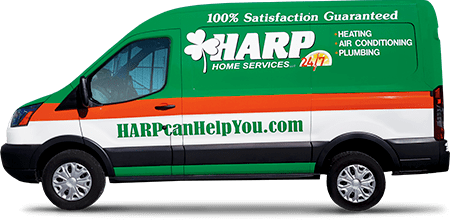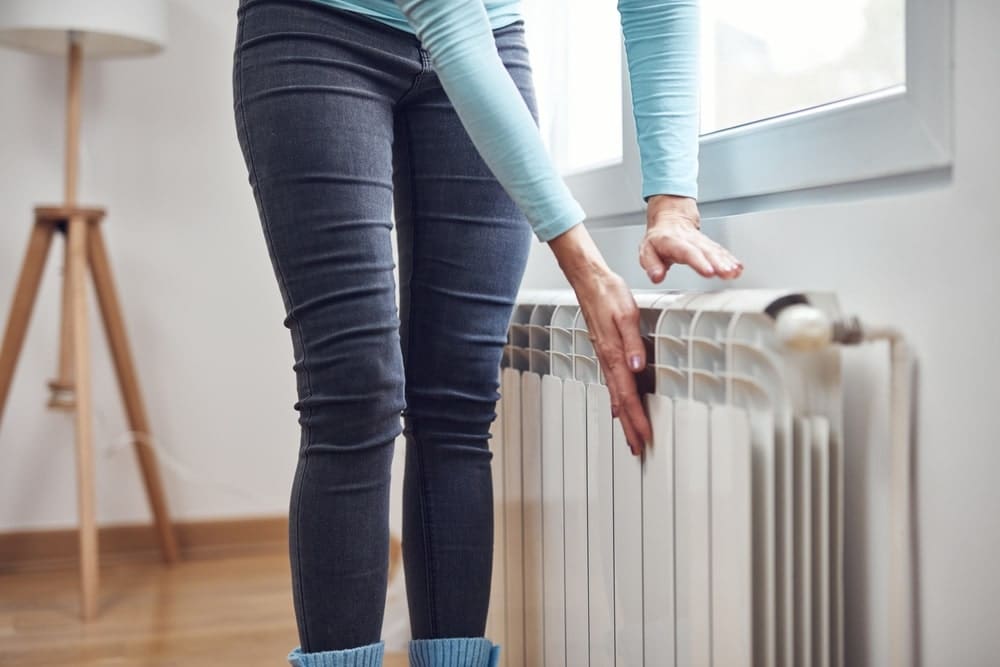
Do you feel confused and defeated because your heater isn’t heating every room? Even worse, it decides to malfunction right in the middle of a Connecticut winter. Too many homeowners find themselves in this chilly predicament, huddled under layers of sweaters, shivering, and wondering why their trusted heat source stopped working.
As the go-to HVAC specialists in the Nutmeg State, we at HARP Home Services have seen it all and then some when it comes to finicky heaters. Keep reading as we list the possible culprits and what you can do about it.
Why Isn’t My Furnace Heater Heating Every Room in My Home?
Even the simplest heating systems rely on an intricate network of components, each playing its pivotal role. Should one of them underperform or become faulty, your home might start to feel like an icebox rather than a cozy haven.
1. Blocked Air Vents
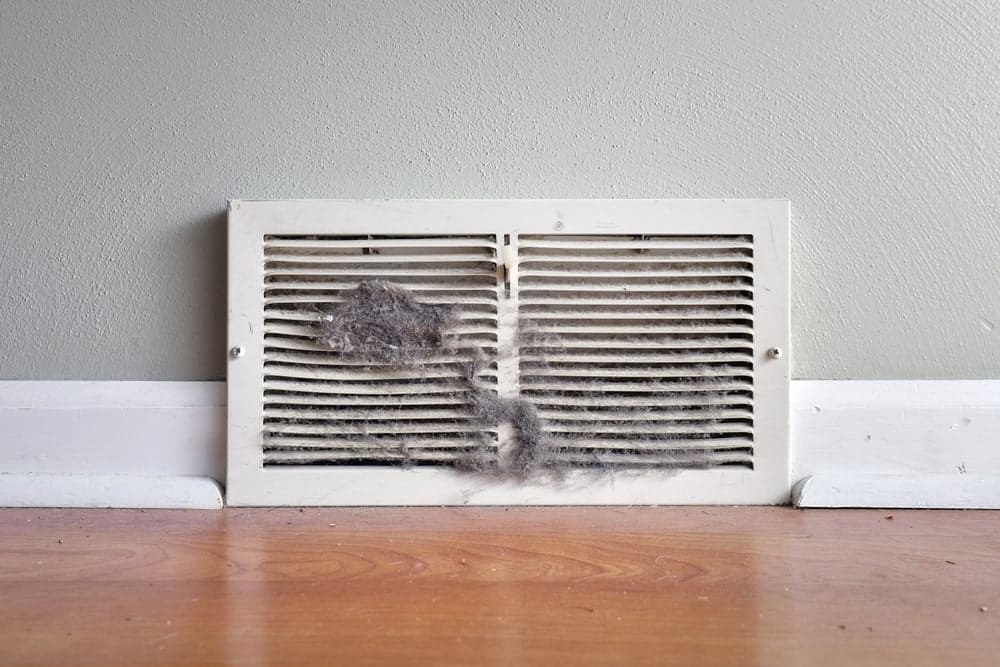
Blocked air vents are often the result of benign neglect; they fall victim to dust bunnies, pet hair, or even the odd misplaced toy. It’s easy to overlook these unassuming grilles, but their role in indoor heating is paramount. They’re the conduits for that toasty warm air to make its way from the heating element to every nook and cranny of your home. When vents are blocked, heat won’t be able to warm up your space.
It’s like throwing a kink in a garden hose — the water, or in this case, air, can’t flow properly. The solution is simple: keep these openings clean and clear.
2. A Clogged or Dirty Air Filter
Air filters are the unsung heroes of your heating system. Their mission is to trap and remove dust, debris, and allergens that circulate throughout your home. Not only do they boost indoor air quality, they also lessen the wear and tear on your system.
Unfortunately, contaminants can build up on the filter, turning it into more of a barricade than a gateway. A blocked filter restricts the airflow to your heating, making it work overtime and reducing its efficiency. This results in lukewarm rooms and a hefty energy bill.
Staying on top of filter changes can help you avoid this headache.
3. Thermostat Issues
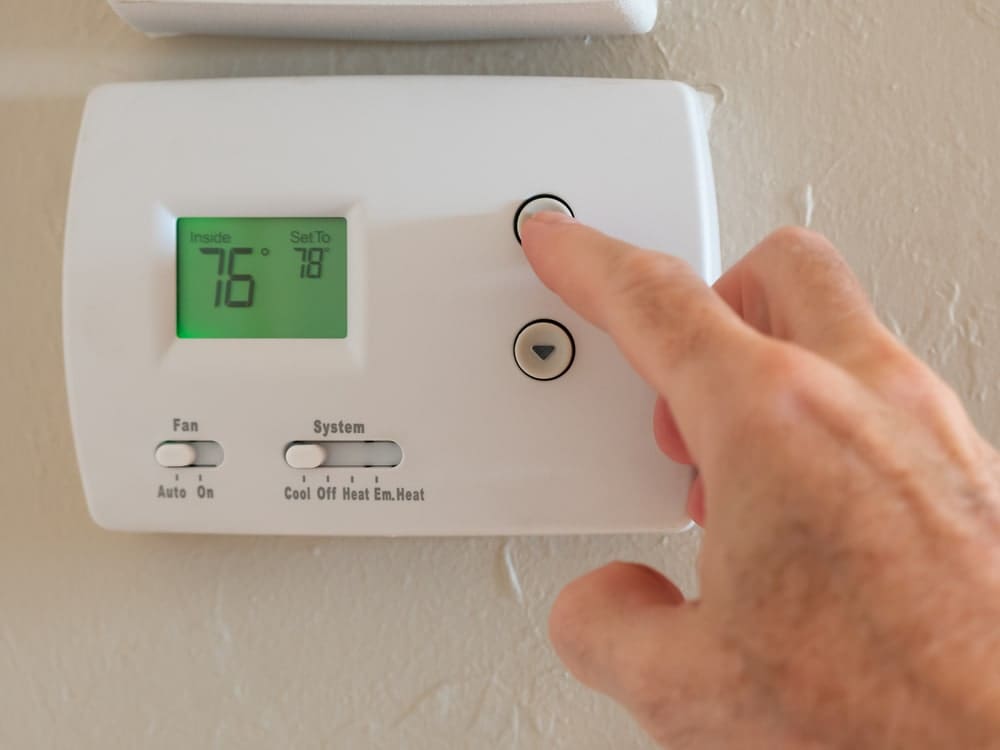
Even though it’s small, the thermostat plays a large role in your home’s comfort. It’s responsible for telling your HVAC system to either cool or warm up your home. But what happens when your thermostat starts malfunctioning?
Common thermostat problems include:
- Incorrect settings: Sometimes, the problem is as simple as having the wrong programming. You might accidentally set it to “cool” instead of “heat,” especially if you’re in a rush.
- Dead batteries: Is your thermostat battery-operated? Typical battery lifespan can vary, but it’s a good practice to replace them annually as a part of your regular home upkeep.
- Location matters: If your unit is in a particularly chilly or warm part of your property, it might not accurately gauge the overall temperature, leading to uneven heating.
- Wear and tear: Like any gadget, thermostats won’t last forever. An outdated unit may start malfunctioning and may need replacement.
4. Lack of Maintenance
Just like a vehicle, your heater requires regular tune-ups to deliver consistent performance. Aside from inadequate heating, skipping out on upkeep may lead to the following issues:
- Voided warranty: Many manufacturers include maintenance checks in their warranty stipulations. If you’re lax about this essential step, you may inadvertently void your warranty, leaving you out in the cold if something goes wrong.
- Damage: The phrase “a stitch in time saves nine” rings particularly true here. By staying ahead of potential problems with proactive checkups, you avoid unexpected, costly repairs down the line.
- Higher energy usage: Poorly maintained heaters often consume more power or fuel to provide the same level of output. This inefficiency can result in a larger carbon footprint and a hefty utility bill to boot.
- Hastened wear: Show your appliance some TLC and it’ll serve you faithfully for years. Without regular care, it may call it quits far sooner than its expected lifespan, forcing you into a potentially expensive replacement.
5. Short Cycling
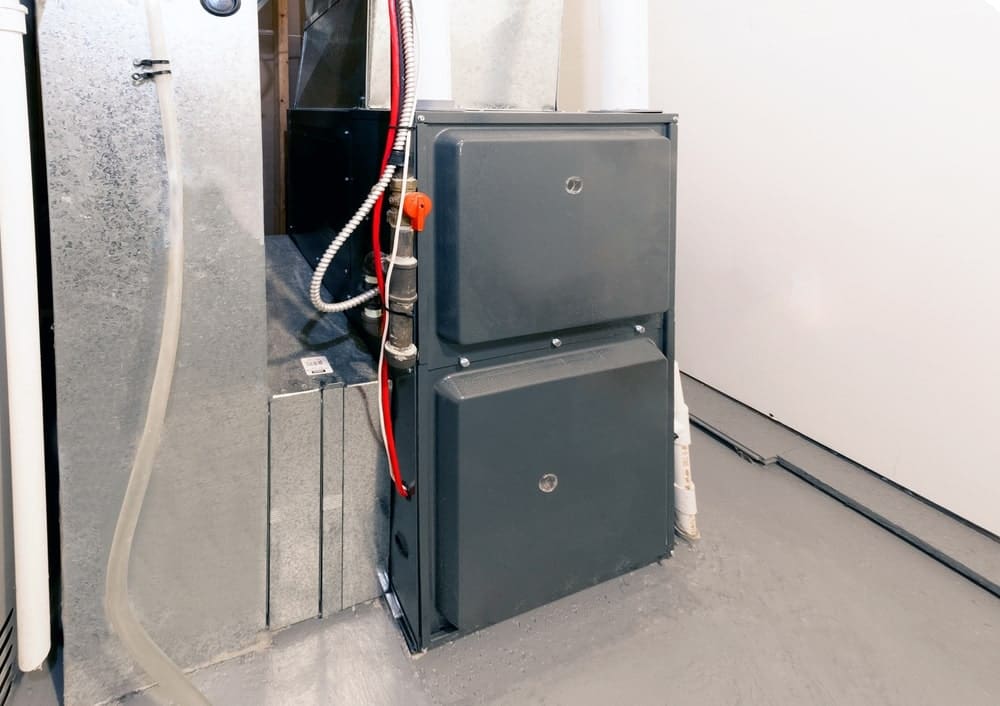
Short cycling is when your heater turns on and off abruptly without reaching the desired temperature.
Imagine running a marathon but stopping for a breather every few meters. Sounds exhausting, right? Similarly, short cycling puts excessive strain on the system and damages it over time.
If you recently updated your heater and started noticing this issue, oversizing may be the problem. A unit that’s too large for your space heats it too quickly, causing the thermostat to shut down prematurely. Poor upkeep is another possible culprit, so it pays to stay proactive.
6. Damaged Zone Controls
A zoned system is beneficial for multiple rooms with varying temperature needs. It allows you to customize the climate in different areas for optimized comfort.
If your heater isn’t heating every room in your home, it’s a clue that your zoning has gone haywire. Whether it stems from faulty wiring or a damaged control board, you’ll want to rectify this as soon as possible. This isn’t typically a DIY job; best to have a seasoned professional check out the situation and prescribe the right solution.
7. A Heater That’s Too Old
Like any hardworking appliance, your heater won’t last forever. On average, a well-maintained unit should provide you with about 15 to 20 years of service.
When the twilight of its lifespan looms near, it’ll start dropping hints that it’s time to consider an upgrade:
- Increasing heater malfunction: If you find yourself calling out the repairman more often than you’d like, it might prove more cost-effective to invest in a new unit.
- Rising usage costs: Aging heaters lose their efficiency and tend to guzzle more energy, causing your heating bills to skyrocket.
- Inconsistent performance: Do you notice that your home is heating unevenly or not at all? It’s a clear sign that your heater is struggling.
- Noises: Heaters tend to become louder as they age. Unusual sounds like clanking, banging, or whistling should also give you pause.
Call HARP for Furnace Heater Maintenance and Repair

Your heating system is a crucial player in maintaining your comfort and safety. When it acts up, it’s time to act fast. Call HARP for quick heater maintenance and repair services, no matter what time of day.
Our experienced crew will deliver:
- Heating system troubleshooting: Our technicians are proficient in uncovering complex issues with your heating system.
- Repairs: From room-specific heating issues to widespread complications, we tackle any HVAC hiccup, ensuring your system is back up and running to keep you cozy in no time.
- Tune-ups: Regular maintenance is key to efficiency. We provide comprehensive tune-ups, ensuring your system stays in excellent shape, delivering optimum performance, and preventing future breakdowns.
- Installations: Did you move into a new property that lacks heating? Maybe your current system has croaked, and it’s time for a fresh start. Either way, we have your back.
The last thing you want is chilly weather catching you off guard and ruining your routine. Call 1-860-341-1499 and get to the bottom of why your heater isn’t heating; we at HARP Home Services can lend speedy assistance day or night.


